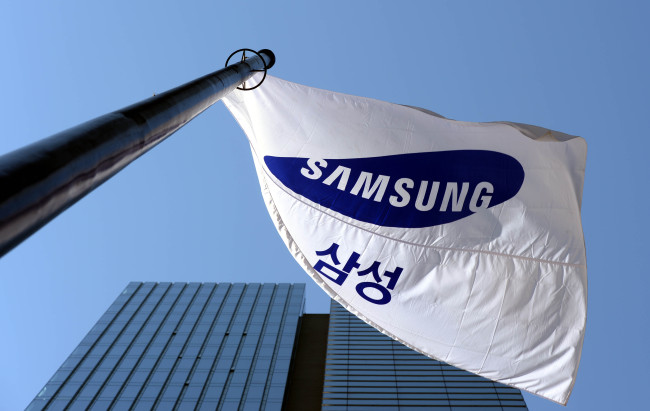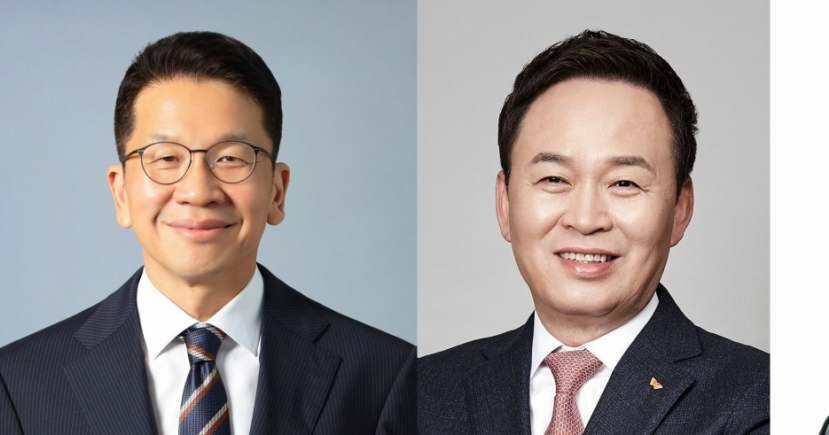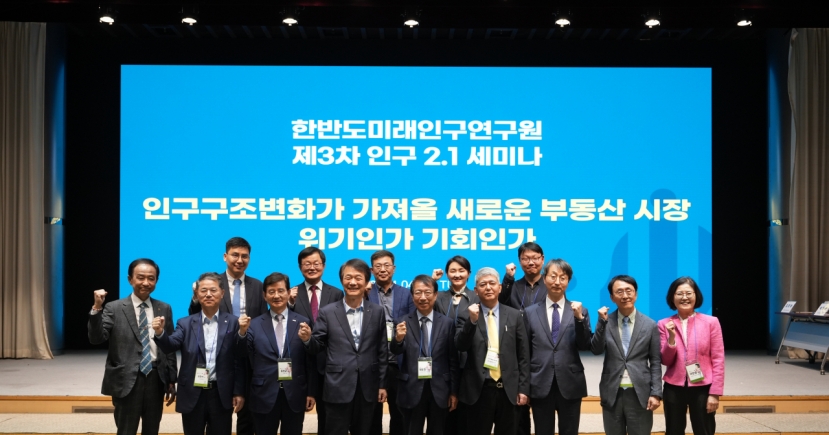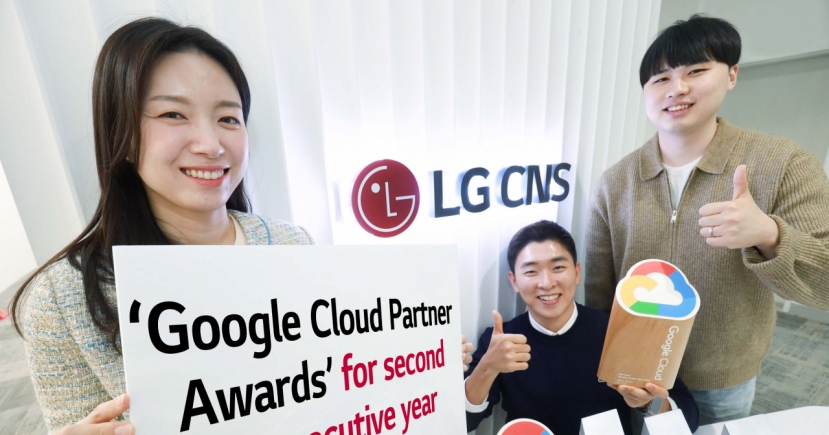Samsung
Samsung seen embracing change in absence of Lee, control tower
[THE INVESTOR] Samsung, the nation’s largest conglomerate, is embracing changes in its corporate culture and seeking the managerial autonomy of its units in the absence of its arrested leader and a disbanded control tower.
The conglomerate’s financial units including Samsung Life Insurance and Samsung Card have started to ban their executives from showing up early in the morning and readjusted office hours from 6:30 a.m. to 8-9 a.m., according to industry sources and Samsung officials.
 |
The group faced a major setback two months ago following the arrest of its de facto leader Samsung Electronics Vice Chairman Lee Jae-yong over a political scandal. The group’s strategy office under Lee has been disbanded.
Starting the day in office early in the morning had been considered a tradition for Samsung to stay competitive in the market. The “early bird” work culture was initiated by Chairman Lee Kun-hee and the firm’s future strategy office, a control tower that had orchestrated the overall operations of Samsung’s affiliates for decades.
The change in the work culture of Samsung affiliates was seen by industry watchers as a move to go their separate ways and make decisions via their board of directors -- probably the biggest change in Samsung so far.
Samsung Display, a panel making unit under Samsung Electronics, has recently signed a supply contract with a Japanese company, not with another Samsung unit.
“The biggest difference now is that we don’t know what other affiliates are doing,” said a former corporate strategy office member who recently moved to Samsung Electronics.
“The Corporate Strategy Office used to keep track of overall operations of units, as affiliates sought for a second opinion on their business strategy. But now everyone is on their own,” he said.
Concerns have been raised over the absence of the control tower, as it had set a direction for Samsung’s future businesses and prevented affiliates from making overlapping investments. With the office disbanded, Samsung might not be able to make fast decisions for major businesses and its future businesses are in questions now.
“I think we are okay for now with the semiconductor and smartphone business thriving now, but the question is which unit will take responsibility to drive Samsung’s future businesses,” the official said.
The change, though not prompted voluntarily, could work in Samsung’s favor.
“The role of the control tower that dramatically enhanced efficiency in management and operation in the supply chain is no longer required in the new emerging era that puts high value on creativity and openness,” said Park Ju-gun, CEO of CEOScore, a local corporate tracker.
“Samsung, in fact, has been attempting to change its corporate culture, knowing that such a streamlined, hierarchical work environment initiated by the corporate strategy office no longer works now,” he said referring to Samsung’s efforts to change its office culture by abolishing the ranks of its employees.
“The change has been sparked by external factors and also by political pressure, but it can actually work for Samsung in its attempt to embrace change in the era of the fourth industrial revolution.”
By Cho Chung-un/The Korea Herald (christory@heraldcorp.com)


![[Exclusive] Korean military set to ban iPhones over 'security' concerns](http://res.heraldm.com/phpwas/restmb_idxmake.php?idx=151&simg=/content/image/2024/04/23/20240423050599_0.jpg)




![[Herald Interview] Bridging Korea, Philippines for better future](http://res.heraldm.com/phpwas/restmb_idxmake.php?idx=151&simg=/content/image/2024/04/23/20240423050735_0.jpg)
